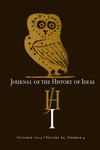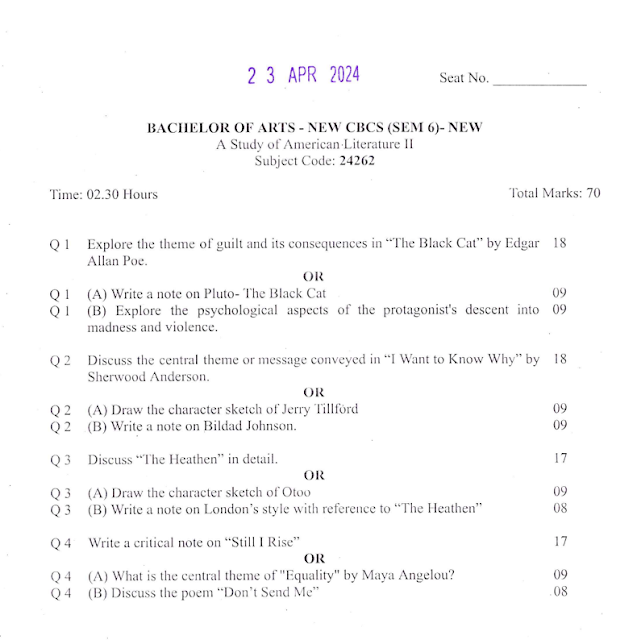TRANCENDENTALISM
Transcendentalism is a philosophical and cultural movement in the late 1820s and 1830s in the US that emphasizes individualism, intuition, spiritualism, and nature. It was influenced by German Romanticism, English and Scottish Enlightenment, and Hindu scriptures. Key figures include Ralph Waldo Emerson, Henry David Thoreau, and Margaret Fuller.
Transcendentalism is a philosophical and cultural movement that emphasizes the inherent goodness of individuals and nature, and encourages individuality, self-reliance, and spiritual development. It values individual experience over reason and tradition, and encourages people to find truth and meaning beyond material reality. In essence, it is a belief in the possibility of a higher reality beyond what is immediately experienced.
Transcendentalism was heavily influenced by German Romanticism, which was a cultural and literary movement that emerged in the late 18th and early 19th centuries in Germany. Romanticism emphasized emotion, imagination, and individual experience, and celebrated nature, mystery, and the power of the human spirit.
In many ways, Transcendentalism can be seen as an American expression of Romanticism, as it shares many of the same themes and ideas. Both movements celebrate individual experience and intuition, and encourage people to seek truth and meaning beyond material reality. They both emphasize the power of the human spirit and the importance of the natural world, and they both reject the emphasis on reason and tradition that dominated Enlightenment thinking.
the influence of German Romanticism was crucial in shaping the Transcendentalist movement in America, and the two movements had a lasting impact on literature, philosophy, and culture. Transcendentalism and Romanticism continue to inspire and influence individuals and artists who seek to explore the connection between the self, nature, and the divine.
India has influenced Transcendentalism in several ways:
Hindu scriptures:
Transcendentalists drew inspiration from Hindu philosophy and spirituality, particularly the concepts of karma, dharma, and the idea of the unity of all things.
Eastern spirituality:
Transcendentalists saw Eastern spirituality as a way to escape the materialism and rationalism of Western culture.
Individualism:
The Indian concept of the Atman, or individual soul, resonated with Transcendentalist ideas of individualism and self-reliance. They saw it as a way to explore the connection between the self, nature, and the divine, and to seek a deeper understanding of the world and human experience.
Transcendentalism had a significant influence on American literature in the following ways:
Nature writing:
Transcendentalist writers celebrated the beauty and spiritual significance of nature and encouraged people to spend time in the natural world to gain a deeper understanding of themselves and the world.
Individualism:
Transcendentalist writers emphasized the importance of individual experience and encouraged writers to express their own unique perspectives.
Spiritual themes:
Transcendentalist writers explored spiritual themes, such as the search for meaning, the nature of reality, and the relationship between the self, nature, and the divine.
Emphasis on intuition:
Transcendentalist writers encouraged writers to trust their instincts and intuition rather than rely solely on reason and tradition.
Notable Transcendentalist writers include Ralph Waldo Emerson, Henry David Thoreau, and Walt Whitman, who wrote about these themes in essays, poems, and other works. Transcendentalism had a lasting impact on American literature, influencing writers and thinkers for generations to come.
Some Indian literature has touched upon ideas similar to Transcendentalism. For example, Hindu philosophy and spirituality, including the Bhagavad Gita and the Upanishads, emphasize the importance of individual experience and the pursuit of self-discovery and spiritual growth. These ideas resonate with Transcendentalist themes of individualism, intuition, and spiritualism.
Indian mystic poets such as Kabir, Rumi, and Mirabai emphasized the importance of individual experience and the search for a higher truth, which also align with Transcendentalist ideals.
One example of Indian literature that reflects Transcendentalist ideas is the Bhagavad Gita, a Hindu scripture that is considered one of the greatest spiritual texts of all time. The Bhagavad Gita emphasizes the importance of individual experience and spiritual growth, and encourages individuals to pursue self-discovery and find their own path in life.
In the text, the warrior prince Arjuna is struggling with the moral dilemma of going to battle against his own family. Krishna, a divine being appearing as his charioteer, offers guidance and teachings to help Arjuna understand the nature of reality and his place in the world. Krishna emphasizes the importance of dharma, or one's moral duty, and encourages Arjuna to pursue self-realization and union with the divine.
The Bhagavad Gita emphasizes the idea that the ultimate goal of life is to attain a state of spiritual enlightenment, and that this can be achieved through individual effort and self-discovery. This idea of self-discovery and spiritual growth is central to Transcendentalism, and the Bhagavad Gita continues to inspire and influence individuals who seek a deeper understanding of themselves and the world.One example of Indian literature that reflects Transcendentalist ideas is the Bhagavad Gita, a Hindu scripture that is considered one of the greatest spiritual texts of all time. The Bhagavad Gita emphasizes the importance of individual experience and spiritual growth, and encourages individuals to pursue self-discovery and find their own path in life.
Work cited:
Riepe, Dale. “Emerson and Indian Philosophy.” Journal of the History of Ideas, vol. 28, no. 1, 1967, pp. 115–22. JSTOR, https://doi.org/10.2307/2708485. Accessed 29 Jan. 2023.






No comments:
Post a Comment